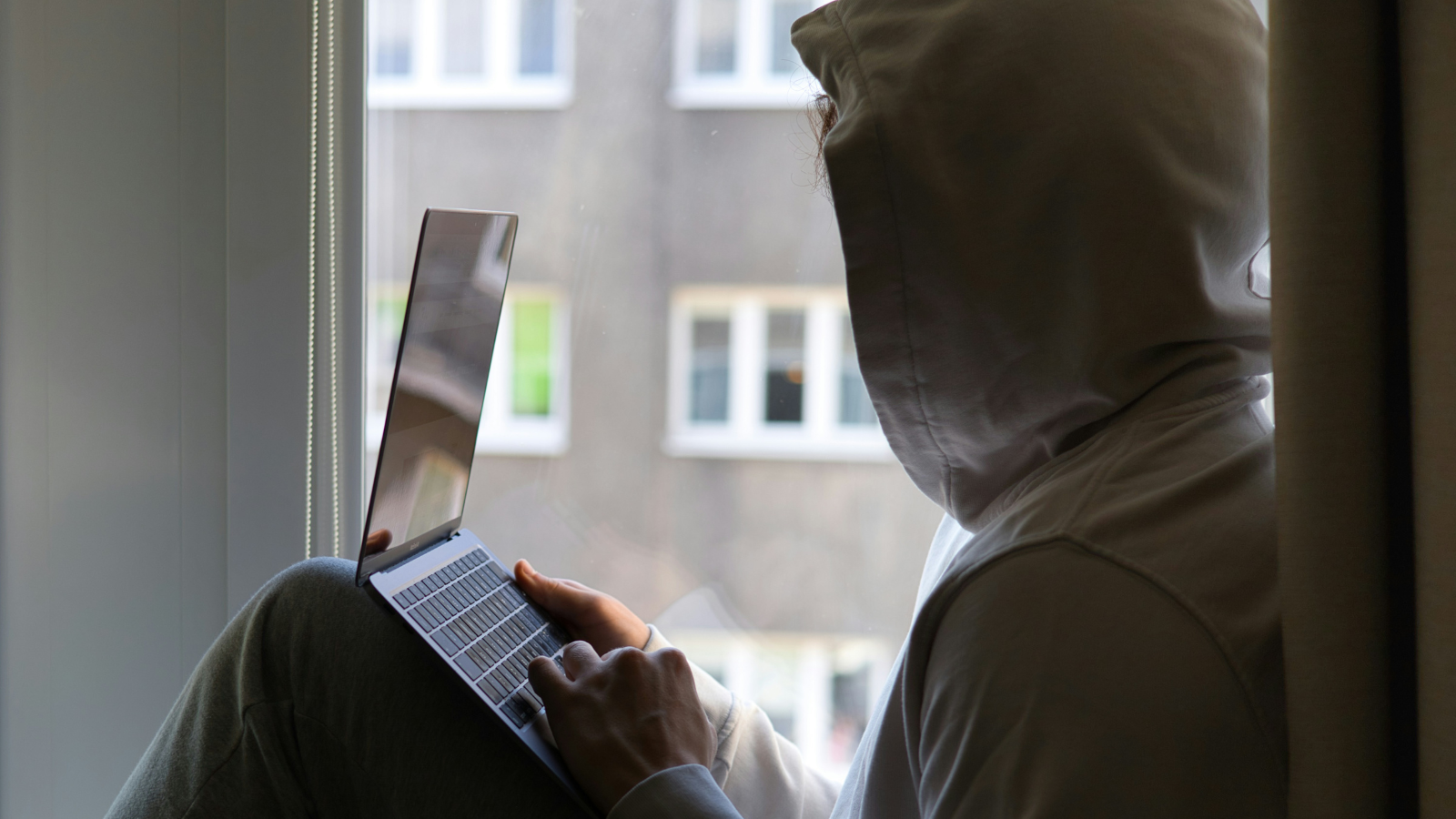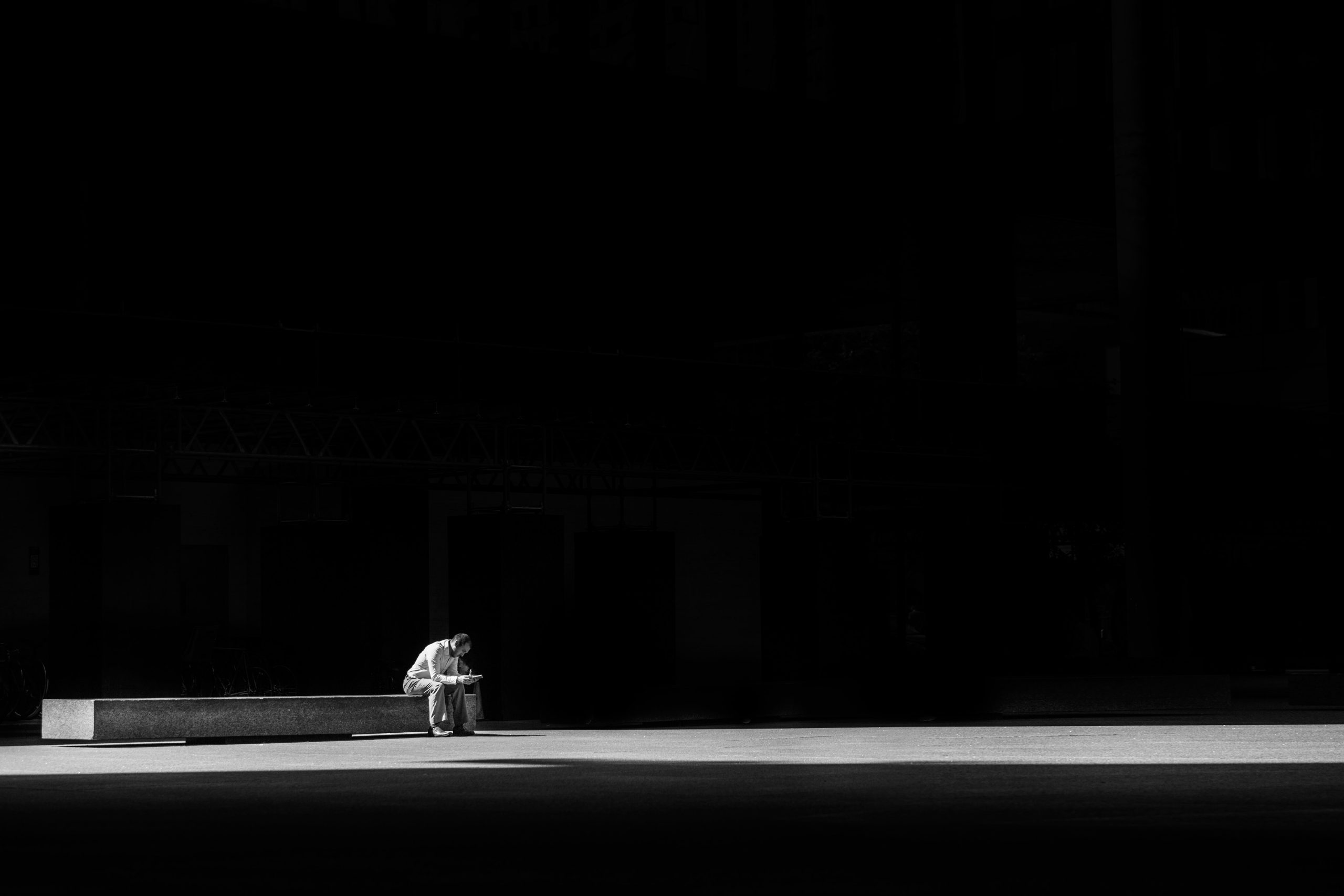Feeling Drained by the Feed?
You open your phone just to check the time. One notification leads to another. Before you know it, you’ve watched a few videos, skimmed dozens of updates, compared your life to five different people, and somehow, 57 minutes have vanished and you feel empty and depressed. Sound familiar? It’s in moments like these that the idea of digital self-care becomes not just helpful, but necessary.
You’re not alone in this digital struggle. Many of us, especially Gen Z, live in this constant loop of scroll, react, repeat. Social media was meant to connect us. Instead, it often leaves us feeling anxious, tired, and somehow… disconnected.
The truth is, most people aren’t “addicted” to social media because they’re weak. They’re overwhelmed. Caught in a design system engineered to capture attention, not care for mental wellbeing. This isn’t just about screen time. It’s about reclaiming your peace.
So what if there was another way? A way to stay informed, connected, and inspired, without feeling like you’re constantly plugged into a digital IV drip. That’s where digital self-care comes in.
What Is Digital Self-Care?
Think of digital self-care as emotional hygiene for the modern world.
Just like you brush your teeth every day to avoid cavities, you can take small steps to protect your mental space from constant digital noise. It’s not about deleting every app or becoming a minimalist monk in the mountains. It’s about using technology in ways that nourish you, not drain you.
Digital self-care means setting healthy boundaries with screens. It means choosing presence over pressure. And most importantly, it means giving yourself permission to pause, without guilt.
When you start to view your phone as a tool, not a trap, you open up space for real connection, creativity, and clarity. Whether it’s turning off notifications during dinner, unplugging for an hour a day, or simply checking in with how scrolling makes you feel, those small shifts are where healing begins.
Why Social Media Feeds Our Stress
It starts with comparison. A friend’s beach trip. A stranger’s fitness update. A classmate’s perfect morning routine. You’re not even thinking about it, but suddenly your life feels… less.
That’s the silent stress of social media.
Platforms are designed to highlight the best moments, the most curated experiences. But behind every perfect post is a real person with doubts, fears, and messy mornings, just like you. The problem isn’t that people are posting highlights. The problem is that our brains are wired to compare.
And then there’s the endless stream of notifications. Likes, messages, tags, algorithm-driven content loops. Your nervous system never gets a break. You start to feel on call 24/7, even when you’re supposed to be resting.
Over time, this leads to digital burnout. You might notice it as brain fog, irritability, low energy, or trouble sleeping. You might feel like you’re doing everything right, staying “connected”, but still feel completely alone.
The good news? You can interrupt that cycle. And it doesn’t require a tech rebellion, it just takes awareness and small, consistent choices.
5 Easy Ways to Practice Digital Self-Care
Let’s make this simple. Digital self-care isn’t about grand gestures, it’s about tiny decisions that protect your peace.
Here are five habits you can start today.
1. Set Digital ‘No Scroll’ Zones
Pick one part of your day and make it sacred. It could be your morning routine, meals, or an hour before bed. In these moments, your phone is off-limits. Not because it’s bad, but because your brain needs breathing room.
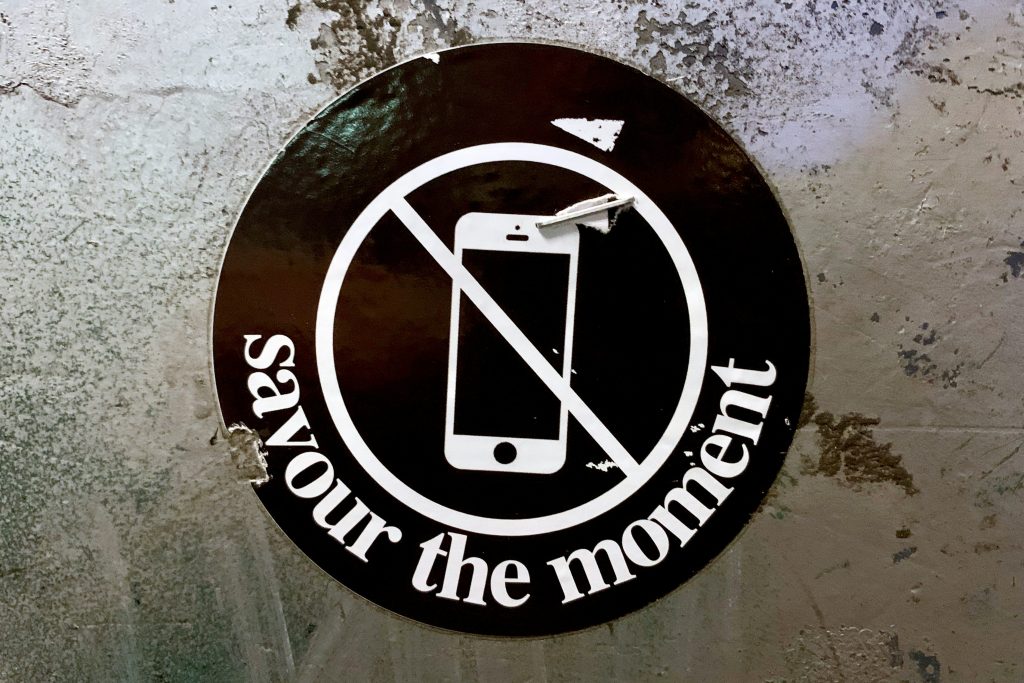
Apps like the Minimalist Phone is a launcher that helps keep the distractions away. Without constant pings and swipes, you’ll notice how quickly your focus and mood shift.
2. Try a Social Sabbath for Self-care
Take one day a week to unplug from social media. Do a social media detox. Call it your “offline reset.” Use that time to do something that grounds you, read a book, walk in nature, journal, or just stare at the ceiling and let your thoughts wander.
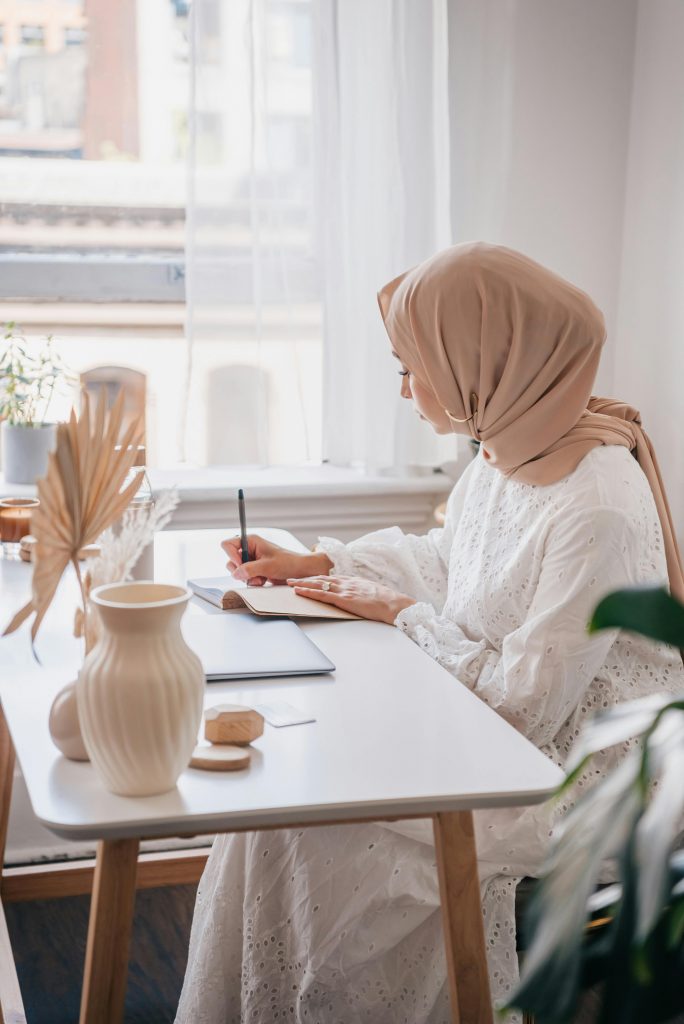
You’ll be surprised how much clarity lives in the silence.
3. Text a Friend, Don’t Just Like Their Post
Scrolling can trick us into feeling socially full. But double-tapping a photo isn’t connection. Reach out. Ask someone how they’re doing. Send a voice note instead of a meme.
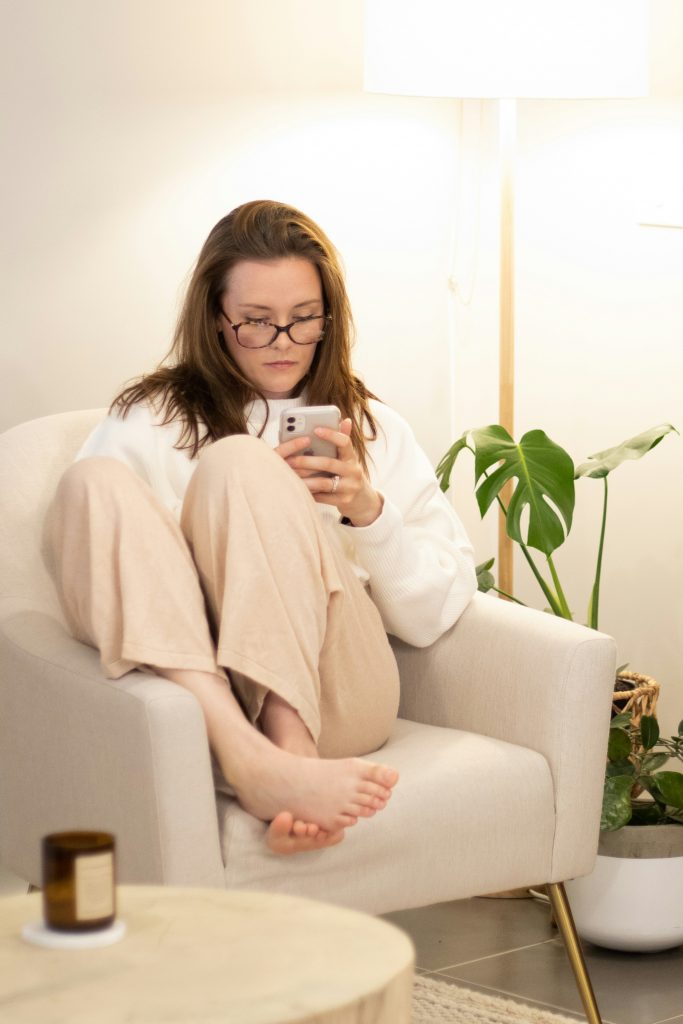
It’s not about volume. One real conversation matters more than a hundred reactions.
4. Do Something With Your Hands
There’s something deeply calming about tactile activities. Bake. Crochet by yourself or with others. Paint. Build something. Even doodling counts. You can do this alone or even with friends.

Offline hobbies don’t just reduce screen time, they rebuild your relationship with presence and people.
5. Zero Digital: Use Do Not Disturb Mode Like a Boundary Boss
DND mode is your friend. Use it during work, study, or recharge time. Silence isn’t avoidance, it’s self-respect.
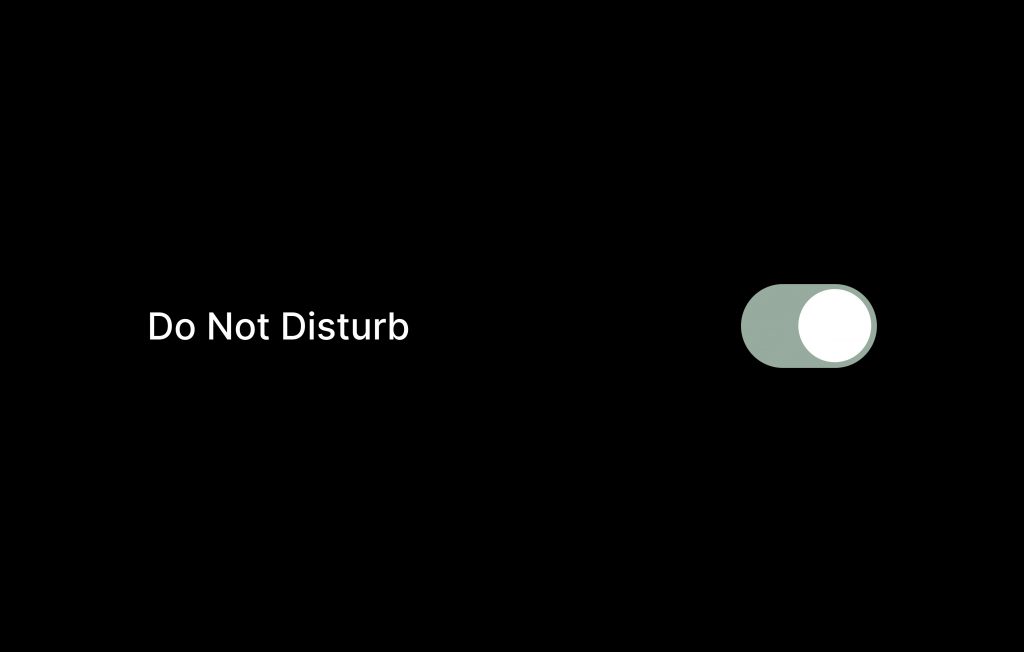
When you control when and how you’re available, your energy shifts from reactive to intentional.
Why Going Offline Actually Helps Your Mental Health
Science backs what you already feel: constant online engagement exhausts your brain. The reward systems in your brain get overstimulated. Your sleep suffers. Your ability to focus shortens. Over time, your sense of self-worth starts to tie itself to how others respond to your posts.
Stepping back allows your nervous system to settle. You’re not chasing updates or fearing you’re missing out. You’re just… being.
Offline time gives your mind space to process emotions. It brings your attention back to your body, your breath, and your actual environment. And often, it reconnects you with your inner voice, the one social media drowns out.
This isn’t just about less screen time. It’s about more you time.
How LifeBonder Supports Digital Self-Care

Unlike platforms designed to hook your attention, LifeBonder is built to protect your energy.
There are no addictive scroll loops. No pressure to perform. Just tools to help you find real connection, on your terms.
LifeBonder encourages anonymous, interest-based matching so you don’t feel the need to polish your profile to perfection. You can show up as you are, not as a brand.
The platform prioritizes privacy, safety, and genuine friendship over follower counts. It also offers offline-friendly features, encouraging you to meet people in your local area and create shared experiences that live beyond the screen.
Because digital self-care isn’t about quitting tech. It’s about choosing tech that cares about you.
You Deserve to Rest from the Feed
This isn’t a call to throw your phone into the ocean. It’s an invitation to pause.
You don’t need to go completely offline to protect your mental health. But you do need moments of stillness. Space to hear your own thoughts. Time to be with people, not just profiles.

Digital self-care is about choosing quality over quantity. Connection over consumption. It’s a reminder that your time, attention, and emotional energy are worth protecting.
Whether it’s five minutes of silence, a Saturday spent screen-free, or simply saying no to the urge to check your feed, those small choices matter. They remind you that you’re in charge.
And in a world constantly pulling you to scroll, choosing to stop… is revolutionary.
FAQs
What is digital self-care?
Digital self-care is the practice of protecting your mental and emotional health by setting boundaries around technology use. It includes habits like turning off notifications, taking screen breaks, and choosing intentional tech use over mindless scrolling.
Does logging off really help with anxiety?
Yes. Stepping away from constant notifications and comparison-driven content can reduce stress and overstimulation. It gives your brain time to rest and reconnect with the present moment, which can help lower anxiety levels.
How can Gen Z balance screen time and mental health?
Start small. Create no-scroll zones, take one day a week offline, and check in with how content makes you feel. Balance isn’t about deleting all your apps, it’s about using tech in a way that supports your values and energy.
What are signs I need a digital detox and self-care?
Feeling anxious without your phone, doomscrolling late at night, comparing your life to others constantly, or feeling more drained after “relaxing” on your feed are all signs you may need a reset.
Is LifeBonder safe and privacy-focused?
Yes. LifeBonder is designed with user privacy at its core. There are no manipulative ads or tracking, and the platform prioritizes real connections over performative posting. It’s a social space where your wellbeing comes first.

